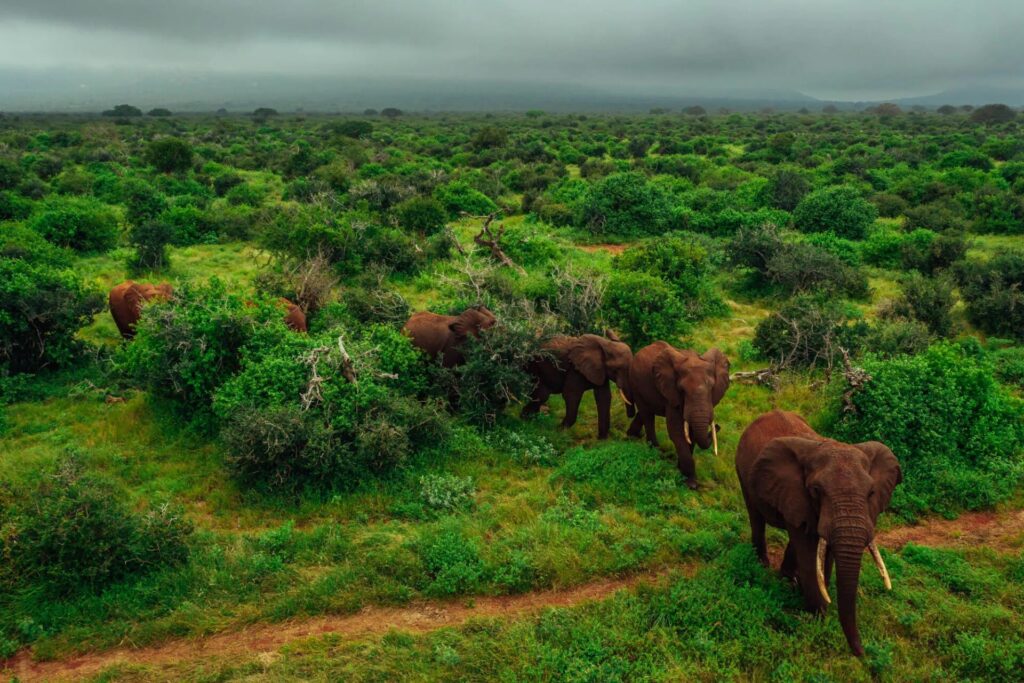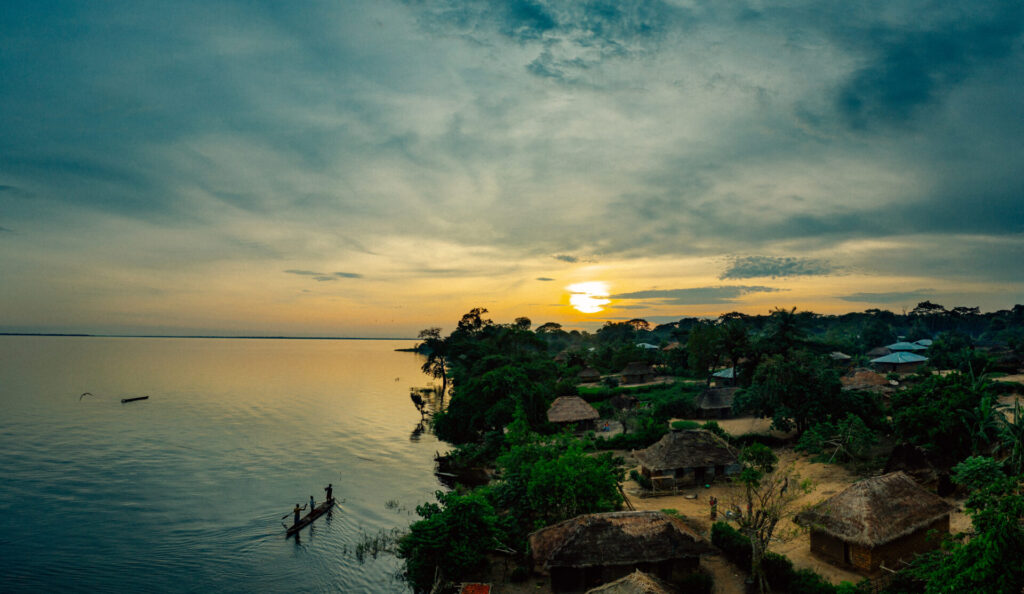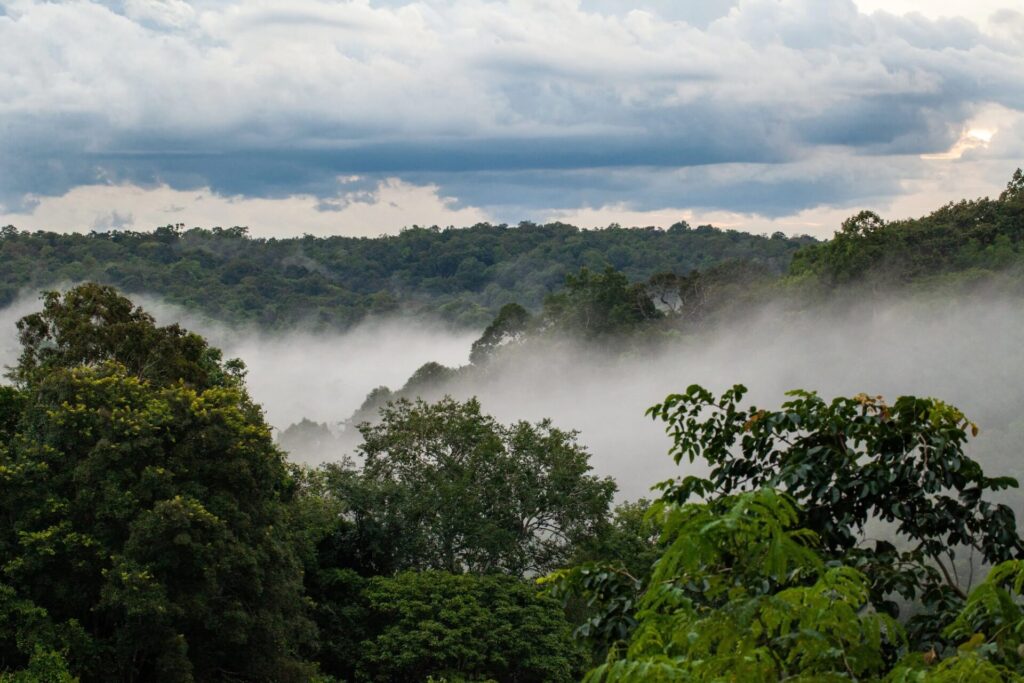The Cardamom Rainforest Landscape is one of the last unfragmented rainforests remaining in Southeast Asia and is a critical part of the Indo-Burma Biodiversity Hotspot at threat from relentless illegal logging and poaching. This area is significant for its ecosystem services, wildlife and community livelihoods conservation and serves as the region’s most important watershed, climate regulator and carbon sink. Using global best practices for forest protection and community development, the Southern Cardamom REDD+ Project protects >445,339 hectares of this crucial tropical rainforest ecosystem in Southwest Cambodia.
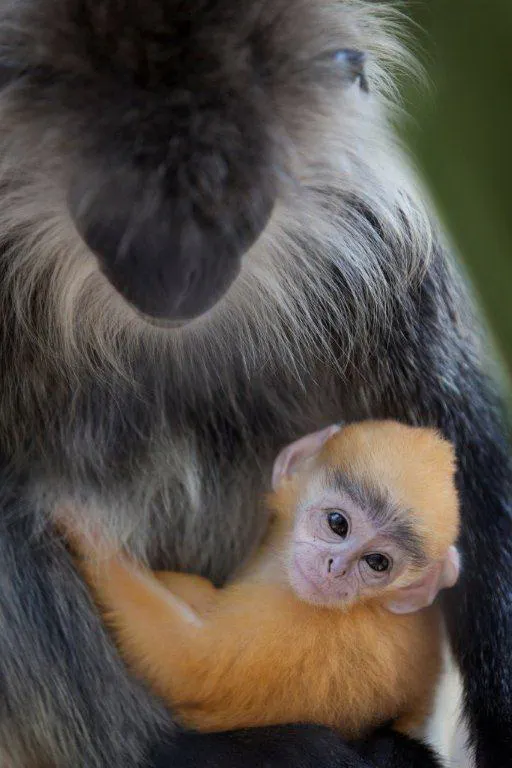
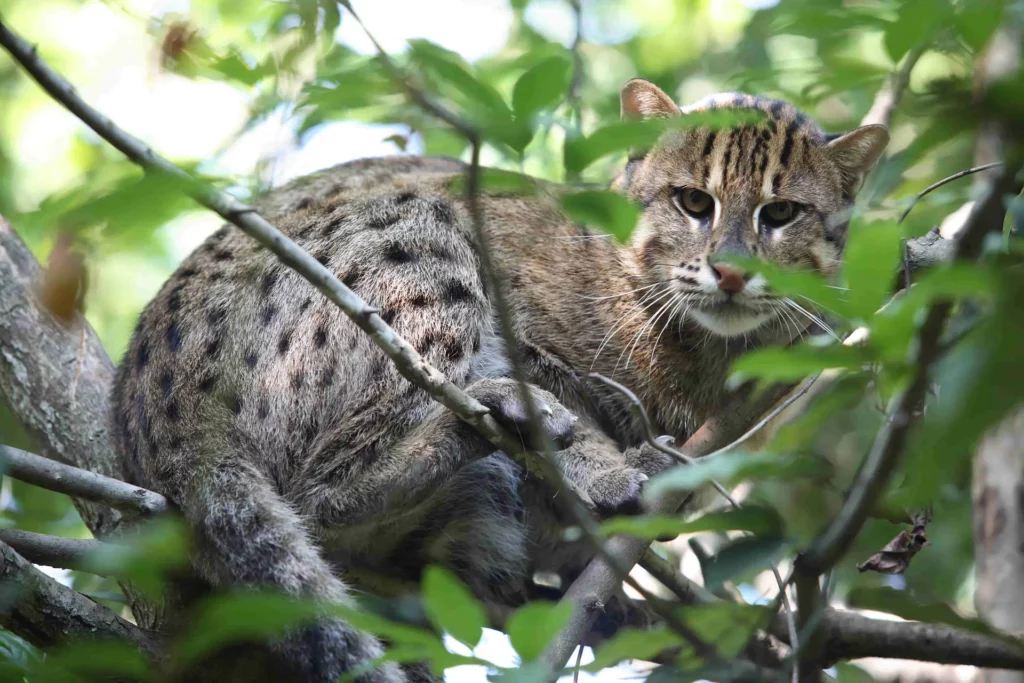
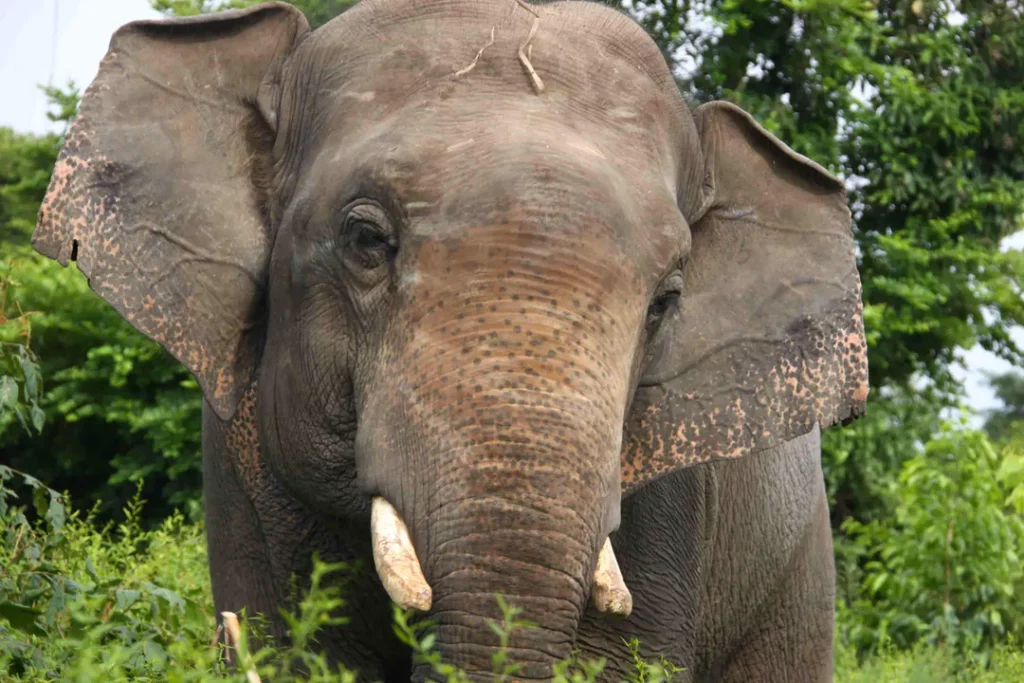
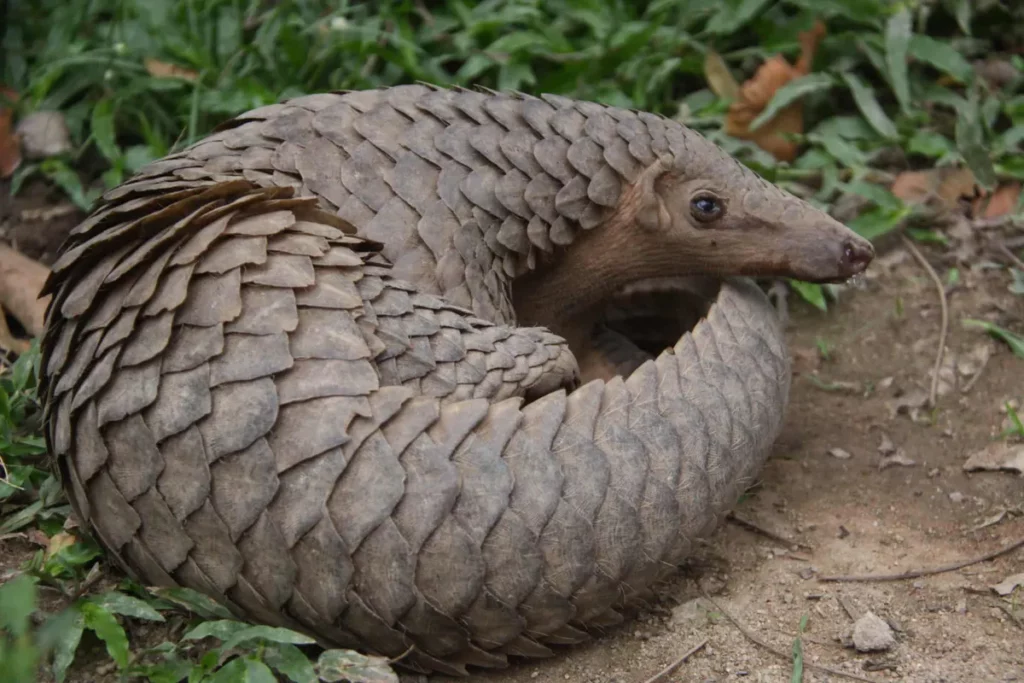
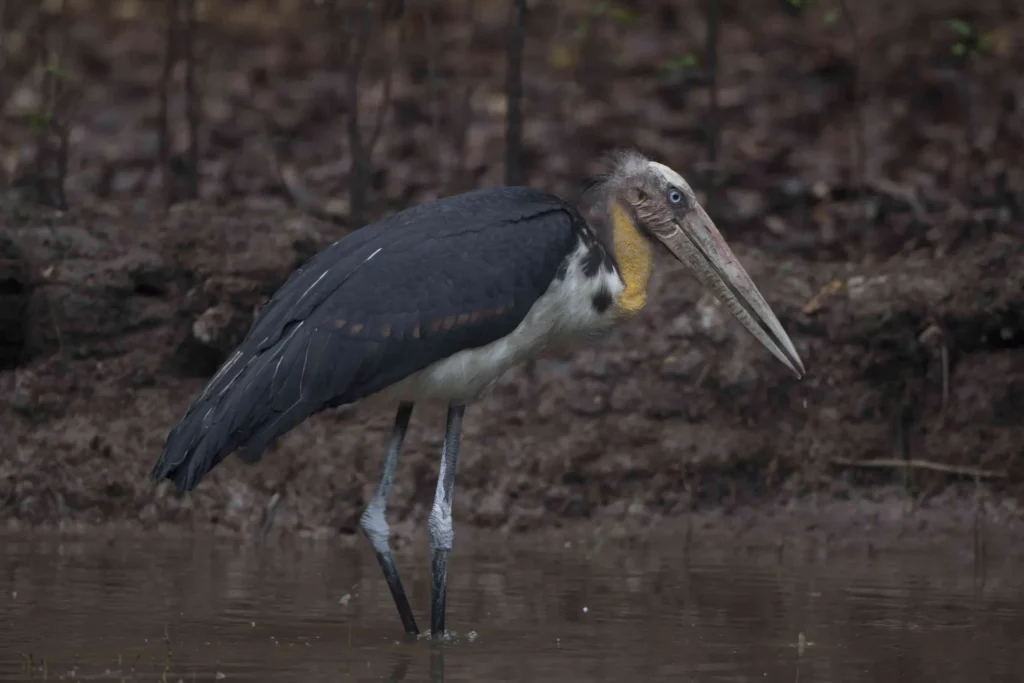
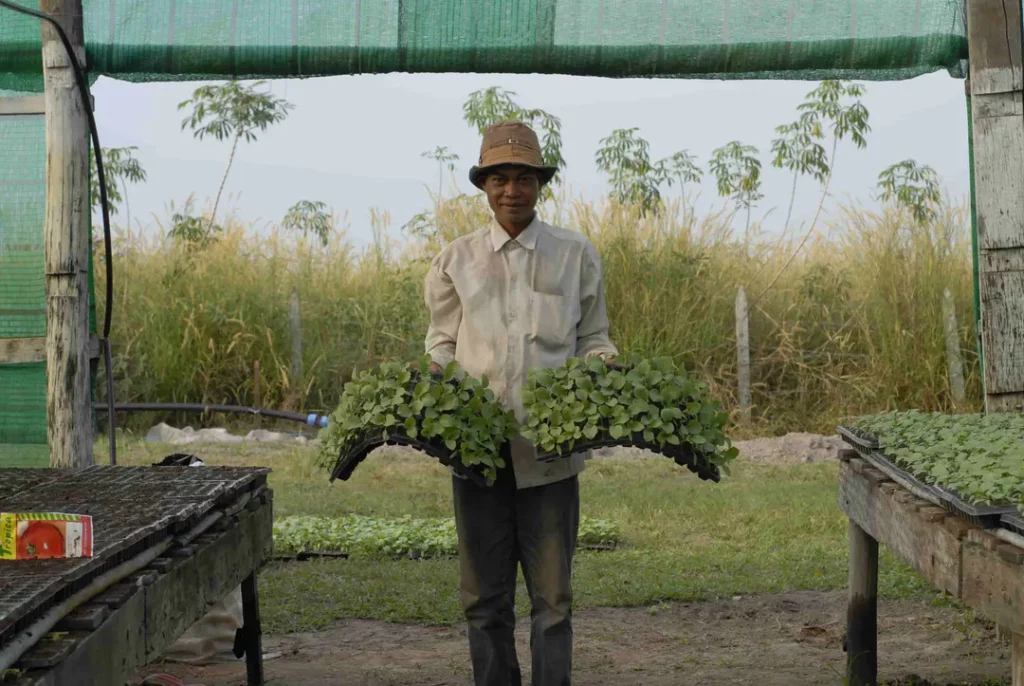
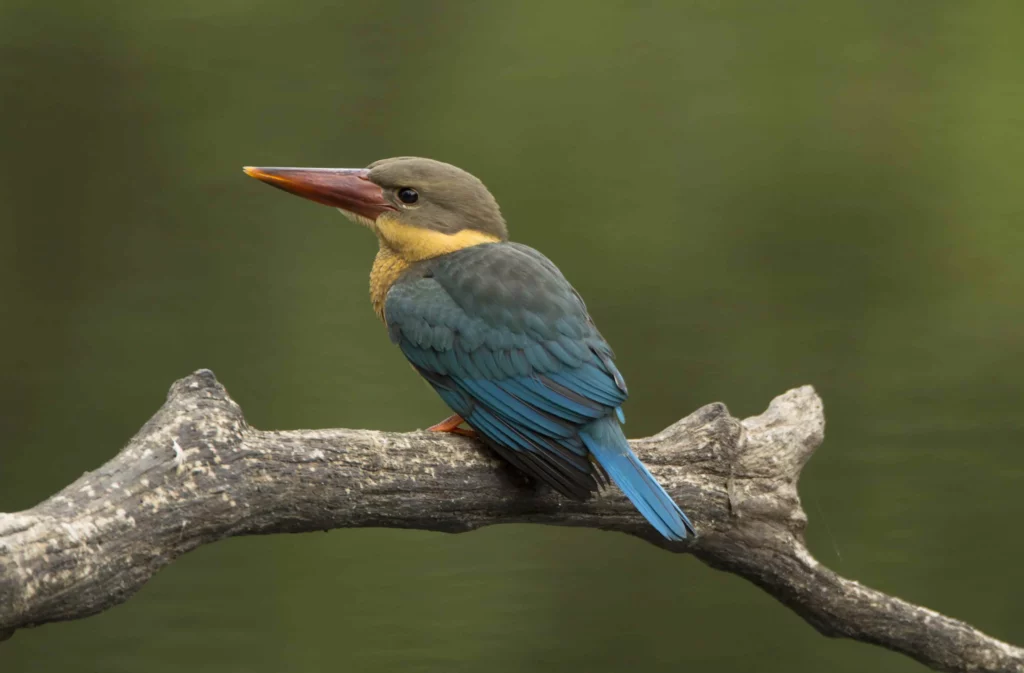
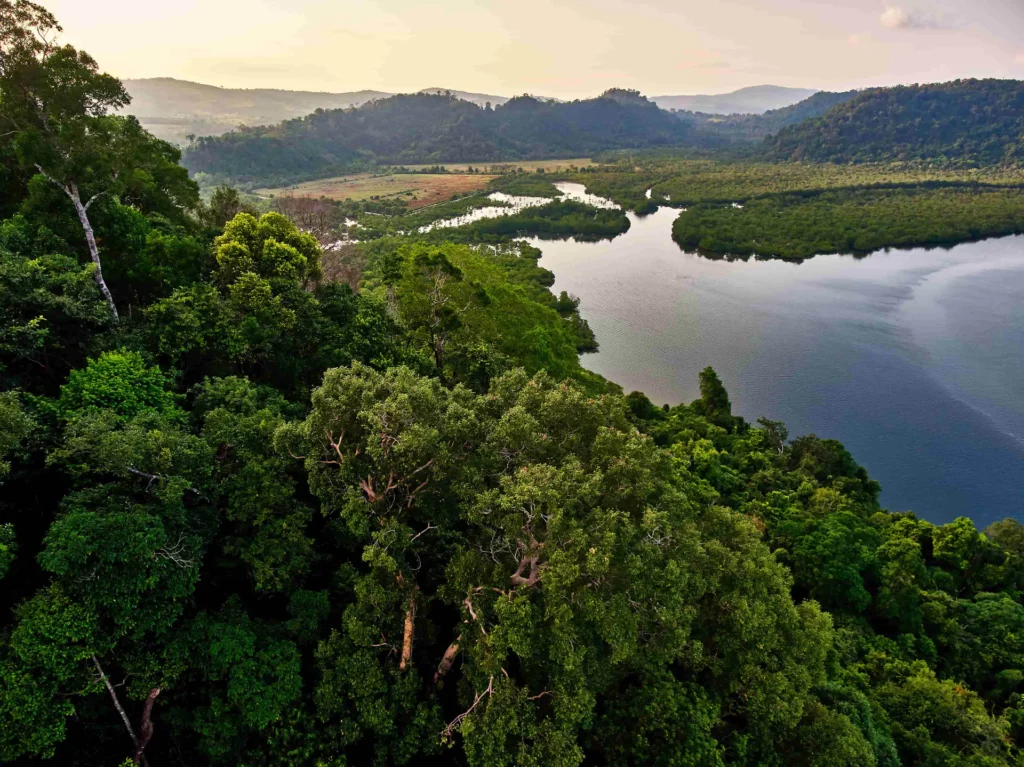
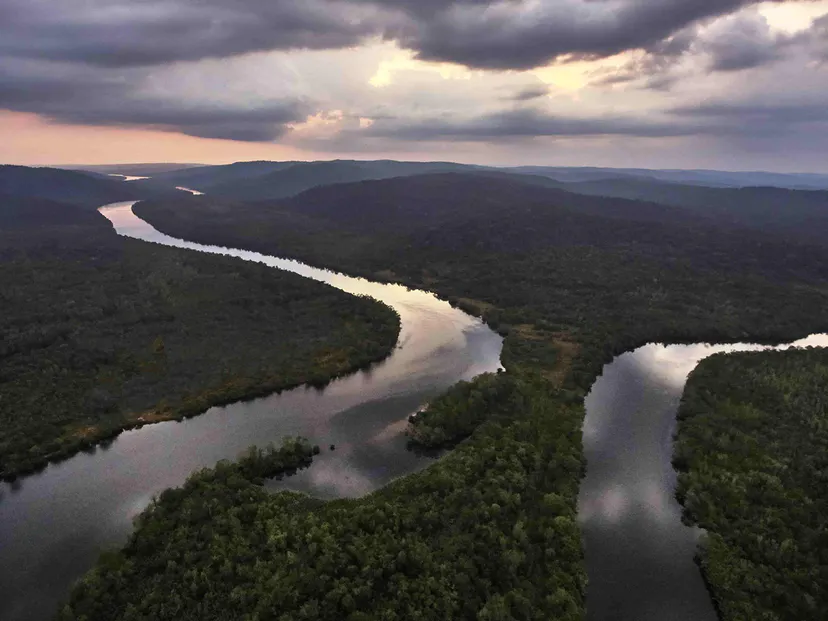
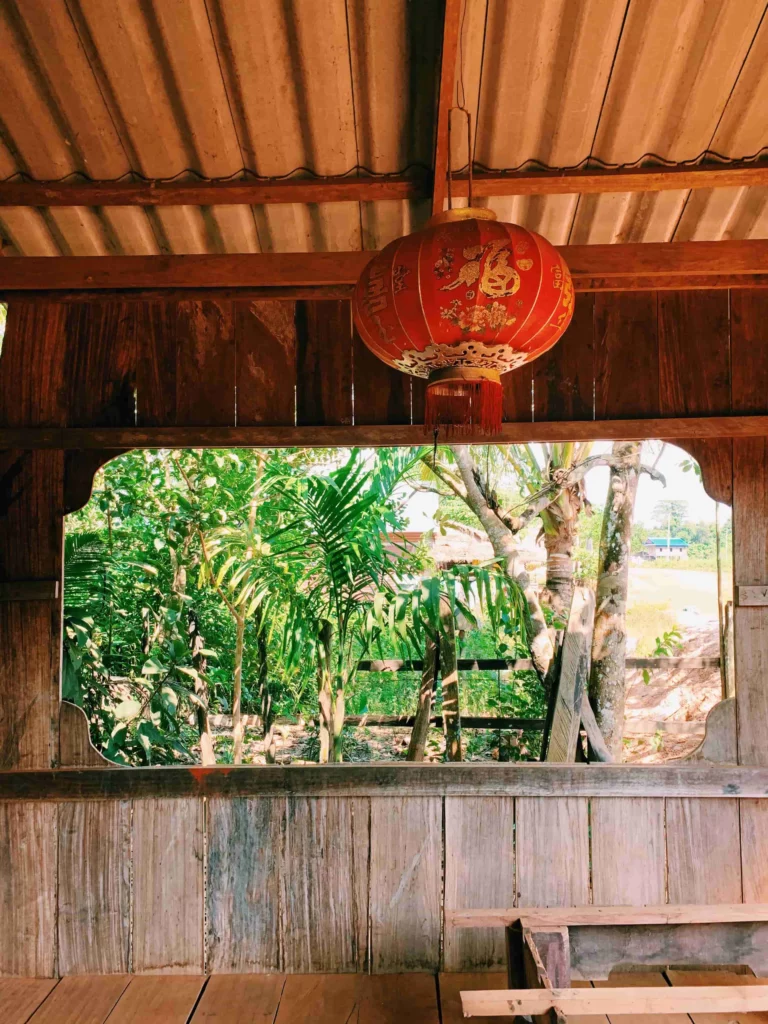
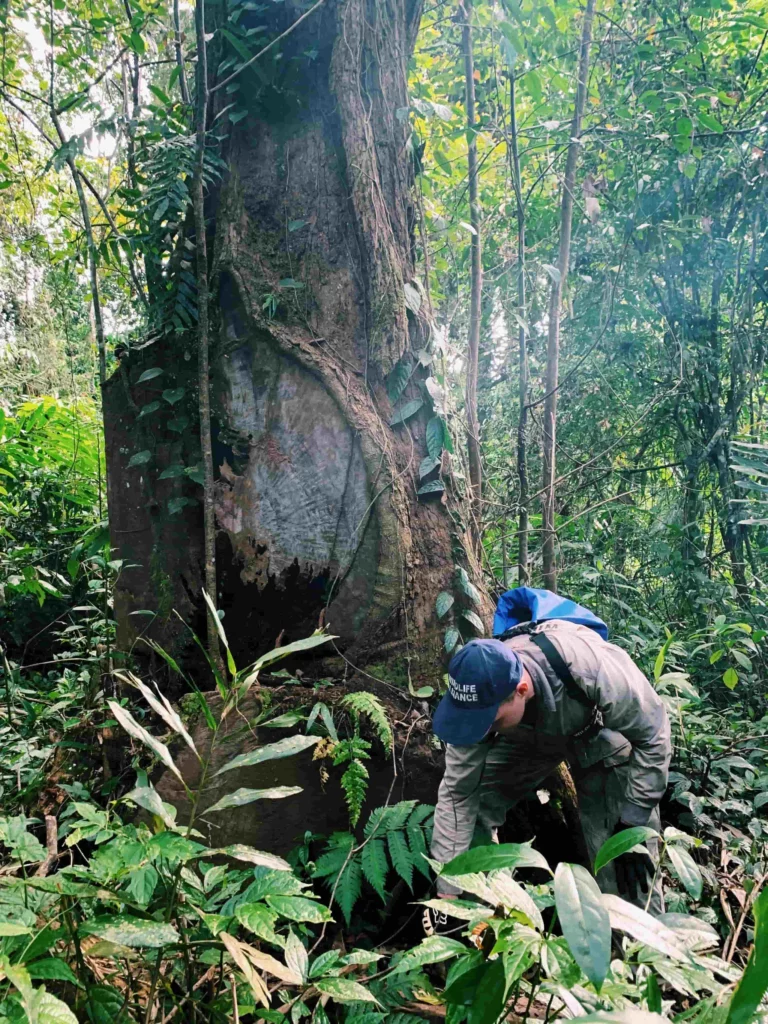
At the start of the 2000s there was a tiger and elephant hunting crisis in the Cardamom Rainforest Landscape, where 29 tigers and 39 elephants were poached as a result of the construction of a new highway. At the same time, anarchic slash and burn cultivation was destroying thousands of hectares of the forest area each month, leaving the Cardamom Rainforest on the brink of destruction. Tigers became entirely extinct from the landscape. It was at this time that the Wildlife Alliance came to the project area to conduct emergency interventions.
Following the success of its initial work in reducing threats to the forest and wildlife, the Wildlife Alliance was asked to help design and implement a long term Protected Area Management Plan by the Royal Government of Cambodia to help protect the landscape, its forests and its wildlife.
Since 2014, the threats to the Cardamoms have accelerated, driven by massive Chinese investment in Cambodia as part of their national Belt and Road Initiative. Small scale land grabbing for speculative purposes, illegal logging, conversion for small scale agriculture, poaching and snaring are constant threats, as are illegal or corrupt land concessions. The Cardamom Rainforest Landscape is under perennial threat from these relentless forces.
In 2016, Wildlife Alliance and Wildlife Works, in partnership with Cambodia’s Ministry of Environment, established the Southern Cardamom REDD+ project.
The project has implemented a direct threat-based approach to protect the forest and safeguard wildlife, featuring a unique boots-on-the-ground law enforcement model that focuses on training, supervising, equipping, and mentoring the Cardamom Forest Protection Program (CFPP) unit. The effective field-level partnership between staff from the project, the Ministry of Environment, and the Military Police is a key ingredient of the project’s success. The CFPP unit members are well paid and receive life insurance and full health benefits, have the capacity and equipment to work effectively and safely, and are led and motivated by inspirational supervisors. This is critical to the success of the project, where a culture of excellence in conservation, zero tolerance for corruption and achieving high performance has been cultivated.
The project also partners with communities and governments to generate sustainable income opportunities for the local community, and works with more than 15 villages to implement sustainable community-based ecotourism.
Demonstrable conservation results have been achieved through the project’s intensive action-oriented and results-based approaches. Noted as the best protected body of rainforest in the region, the project area has seen a significant decline in average annual deforestation rate (-50%) in the five+ years since the REDD+ project started, in comparison to the 14 years prior to project inception, whereas deforestation rates increased substantially in adjacent protected areas including Phnom Samkos (+219%), Phnom Kravanh (+200%) and Aural (+130%) along the same timeline. The project has also achieved zero poaching of Asian elephants and supported recovery of ungulates and carnivore populations, and is commencing re-introduction of tigers into the landscape. The community projects directly benefit 29,000 villagers from 15 different communities with an award-winning model of community based ecotourism.
